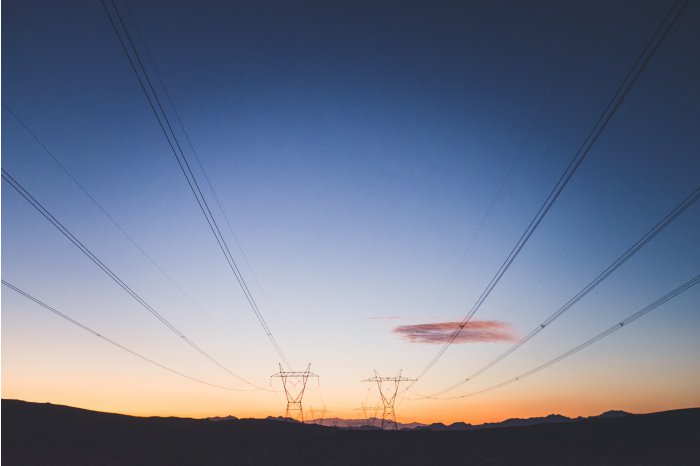Any provider of Moldova to be able to import or export electric energy to/from Romania, Ukraine as of next March
18:50 | 15.02.2024 Category: Economic
Chisinau, 15 February /MOLDPRES/ - Any provider will be able to import or export electric energy to/from Romania and Ukraine starting from next March. The Energy Ministry today informed that the Moldelectrica enterprise would organize, along with system operators of Romania and Ukraine, tenders on the allocation of intraday and monthly capacities for cross-border exchanges of electric energy.
Any provider will be able to participate in the tenders, based on the new rules of allocation of the intraday capacity at the Moldova-Romania border and of the rules of allocation of the long-term and daily capacity at the Moldova-Ukraine border. The rules were approved by the National Energy Regulatory Agency of Moldova on 9 February and entered into force immediately in the case of Ukraine, being approved by the National Energy and Utilities Regulatory Commission (NEURC) of Ukraine. Meanwhile, the rules for the Moldova-Romania border will enter into force, after the approval by the Romanian Energy Regulatory Authority.
Thus, the intraday tenders at the Moldova-Romania border are scheduled starting from March 2024. Daily and intraday tenders will take place at the Moldova-Romania border on the DAMAS platform, operated by Transelectrica.
At the Moldova-Ukraine border, the first tender on the allocation of monthly electric energy capacity is scheduled for 20 February for the delivery month May and the daily tenders are scheduled starting from 29 February for the day of delivery 1 March. The tenders will be held on the NPC Ukrenergo platform.
The secretariat of the Energy Community congratulated Moldova and Ukraine on the dedication in the promotion of the cooperation and regional energy integration. ‘’This evolution, facilitated by the Secretariat, represents a significant step towards the improvement of the cross-border exchange of electric energy between the two countries and the EU member states,’’ the Energy Ministry said.
The ministry also said that the allocation of the cross-border capacities would allow any qualified company to export energy, for instance from renewable sources, which will provide more accuracy for the portfolios of consumption and generation and the cutting of the needed quantity of balancing energy.

